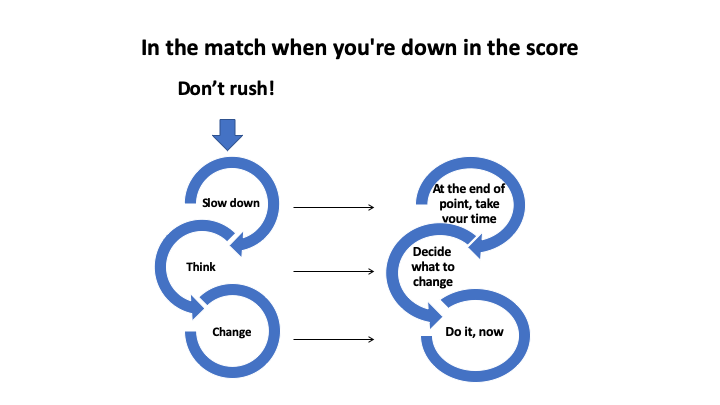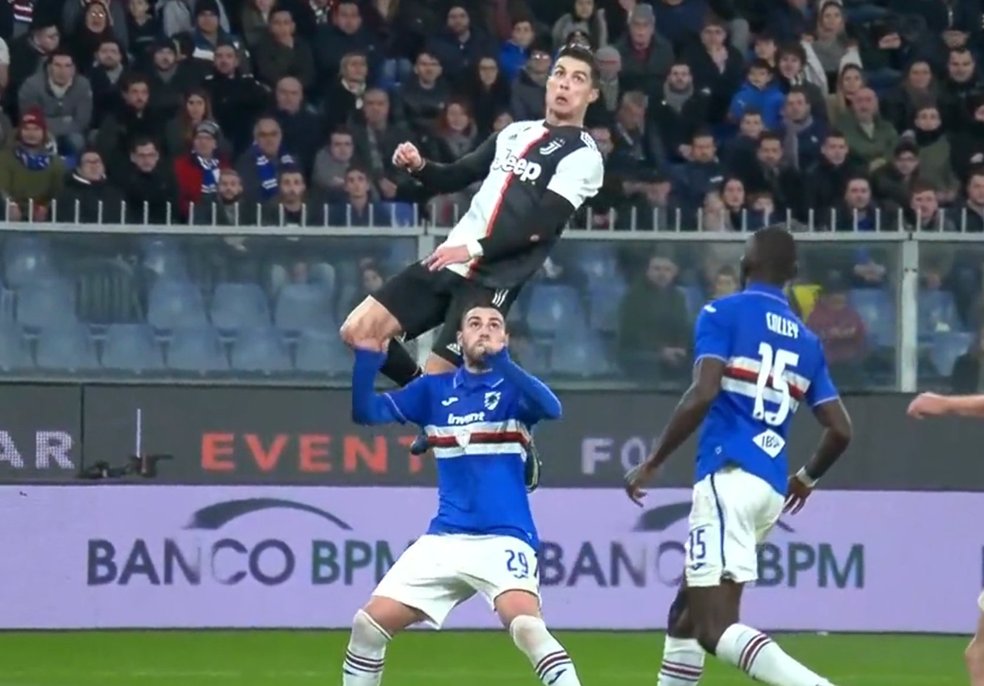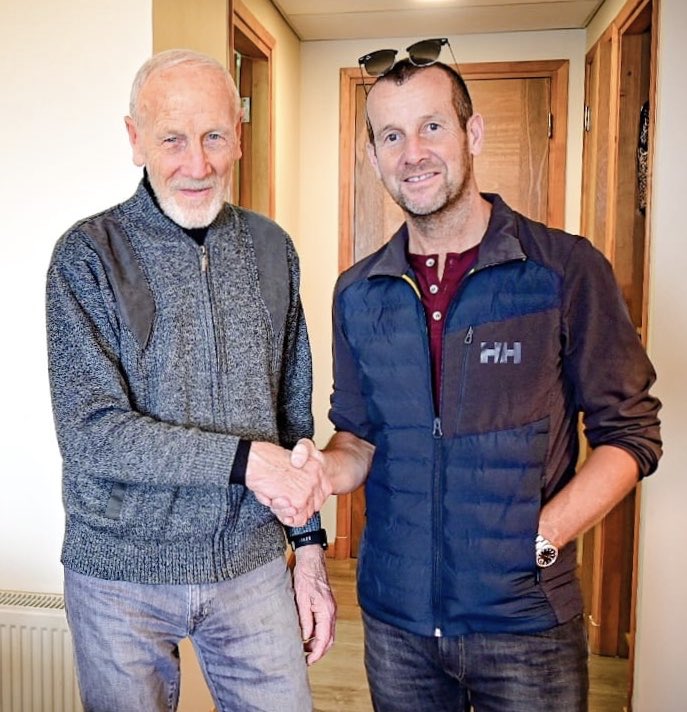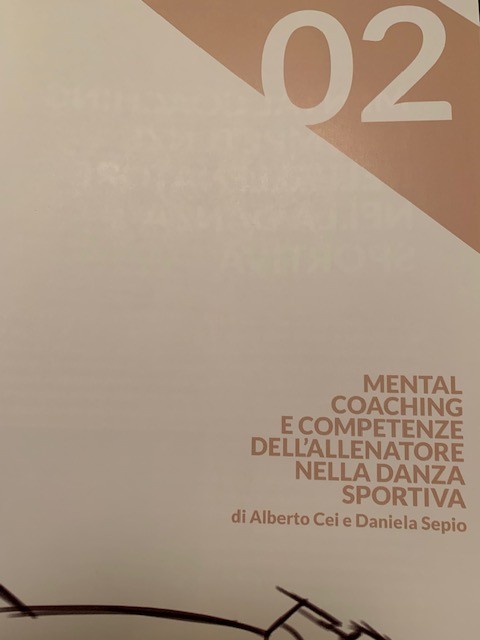Often in tennis there is a lot of talk about how long a game is and the need to be consistent during all the match, avoiding accelerating by playing impulsively or becoming too slow, stopping running and hitting decisively. Less attention is given to training what to do in difficult momentum from the point of view of the mental approach to the next point.
Below the figure represents the approach to deal with these moments so frequent in tennis and to guide the players in preparing for the game during the breaks.











